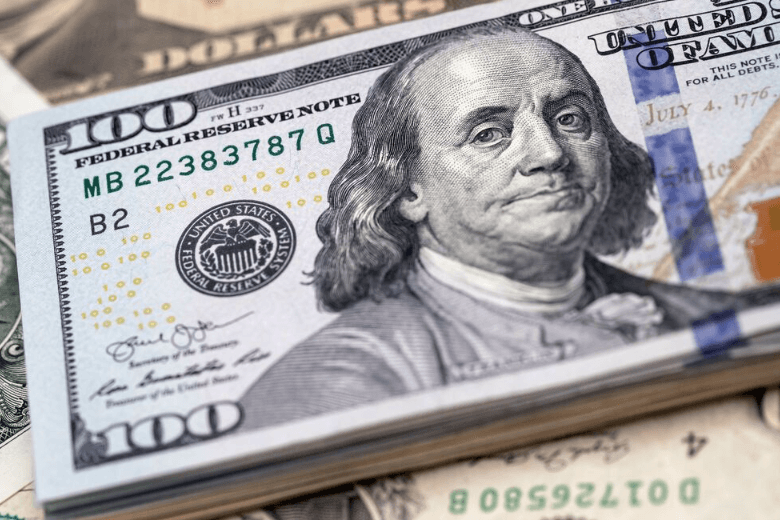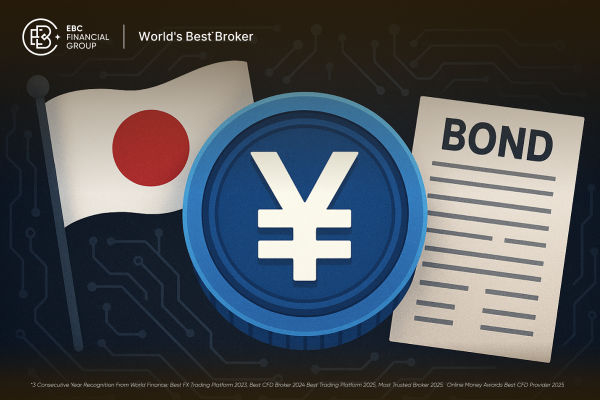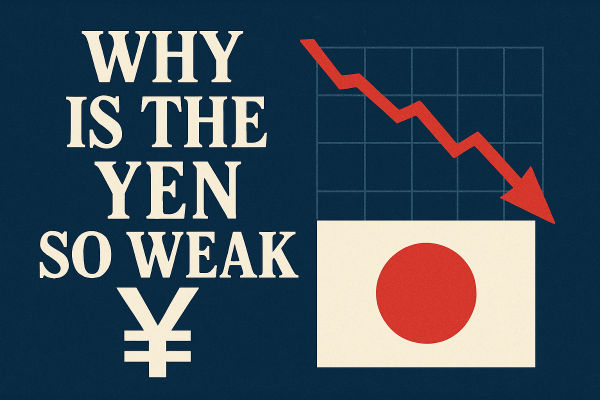The yen was volatile Friday after the BOJ conducted so-called rate checks
with traders, reinforcing perceptions that authorities intervened in the market
earlier to prop up the currency.
This followed a surge of as much as four yen in the minutes after a
softer-than-expected reading of US inflation. The spike in volume reinforced
conviction that Tokyo had stepped in.
The yen remained the worst-performing major currencies this year though,
falling as much as roughly 12% against the dollar, as the BOJ trod too
cautiously to narrow the yield spreads.
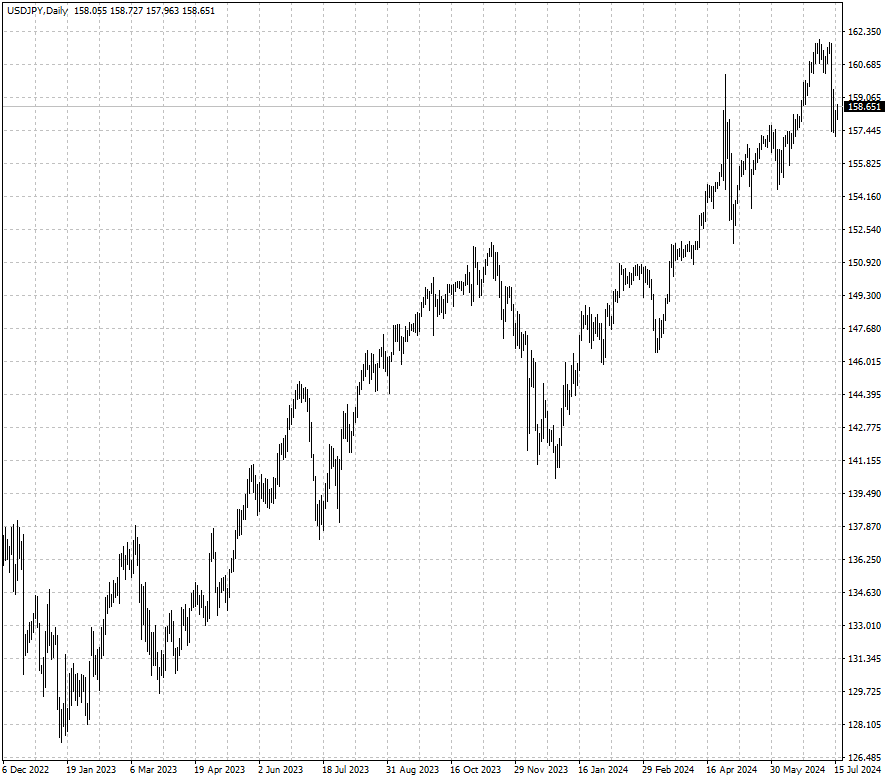
There was "palpable nervousness in the market" in recent sessions from hedge
funds looking to protect carry trades for that kind of scenarios, said Ruchir
Sharma, global head of FX option trading at Nomura International.
Rate checks typically happen when volatility increases and verbal
intervention appears insufficient to tame currency moves. That was last seen in
Sep 2022 to spark immediate intervention.
The yen was easing towards 150 per dollar back then and the subsequent rally
lasted several months. Still it touched its weakest since 1986 last week due to
an inflation crisis that resulted in eleven Fed rate hikes.
The lately surge was a victory for Japanese authorities, but there will need
to be a forceful follow up for the yen to sustain any gains. Therefore, the next
BOJ meeting will capture intense attention.
Jigsaw
Japan's top currency official continued to keep speculators on edge amid
potential signs of an evolution in Tokyo's yen strategy as he played down a
report that government officials had confirmed intervention.
The BOJ reported Friday that its current account will probably fall ¥3.2
trillion on the next business day. That compares with an average forecast
increase of ¥333 billion among private money brokers
That gap proved accurate in confirming a government push. In further
evidence, Thursday was one of the busiest days for yen spot trading since
November 2016, according to CME Group.
Masato Kanda has tried to maximize the impact of currency policy by
repeatedly leaving doubt in the market over Japan's actions, which helps to
unsettle those aggressive bears.
He is scheduled to step down at the end of July, to be replaced by Atsushi
Mimura, who is currently director general of the finance ministry's international bureau.
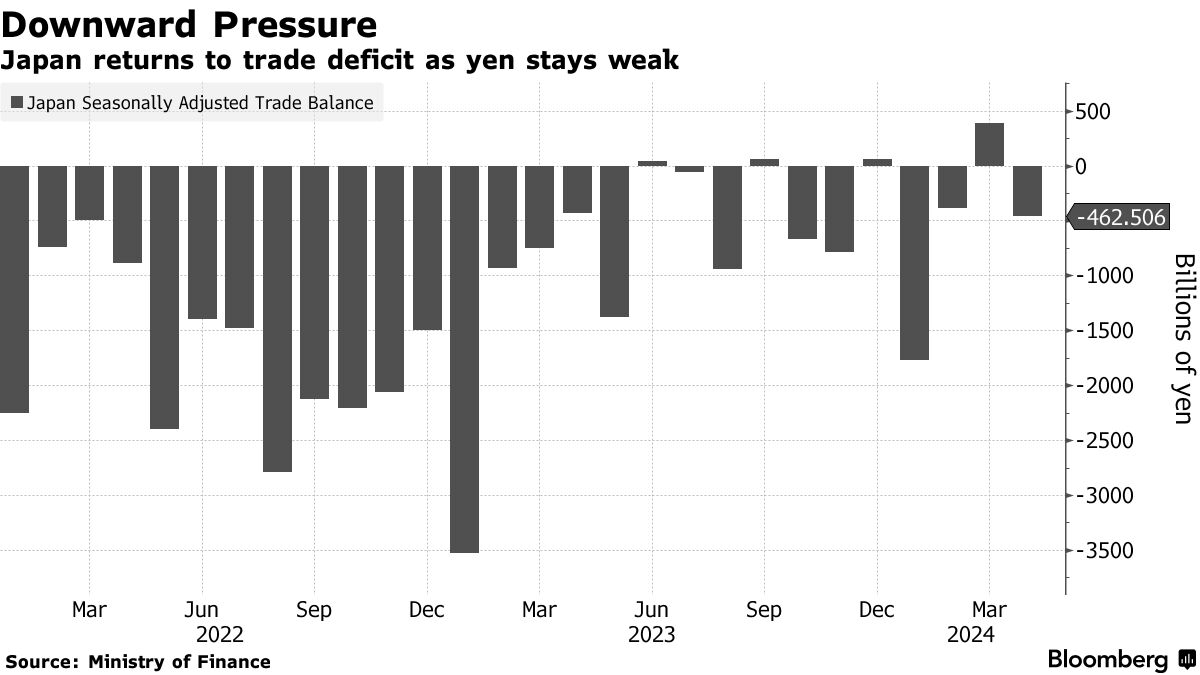
Japan's import prices have recently risen by around 9.5%, of which 9.2% is
down to the weakness of the yen. The weak yen has pushed the nation's trade
balance into deficit again in April.
Some economists say the action in the markets made a rate hike more likely
because following a government response, while others say it made it more
unlikely because pressure on the yen has eased.
Dead End
Yujiro Goto, head of FX strategy at Nomura Securities, said a hike by 15 bps
might lead to a 2-3 yen gain for the currency, but a rate rise alone may not be
sufficient to shift its direction.
"If the yen continues to trade weakly into the July meeting, the bank would
need to consider an early rate hike even as it decides on the pace of Japanese
government bond purchase reductions."
Similarly, Barclays sees only a limited currency impact and forecasts the yen
will end the quarter at 160 per dollar although it predicts the BOJ will raise
its target to 0.25% this month.
"While JPY weakness raises expectations of a BOJ hike this month we think
domestic-overseas yield differentials are too wide for a sustained reversal," said Mitul Kotecha, head of FX for Asia at Barclays.
"If there's no change in rates, then we may well see renewed yen selling," said Ray Attrill, head of FX strategy at National Australia Bank. Swap markets
show the probability is nearly 50%.
Some have suggested if the BOJ hiked in addition to announcing a reduction in
bond purchases, the move could risk being seen as driven by the volatile
currency and not its mandate to stabilise prices.
The BOJ has repeatedly said it does not target the yen. Despite that, Kazuo
Ueda has not ruled out policy changes if the falling currency rate was seen
changing the outlook for inflation.
Disclaimer: This material is for general information purposes only and is not
intended as (and should not be considered to be) financial, investment or other
advice on which reliance should be placed. No opinion given in the material
constitutes a recommendation by EBC or the author that any particular
investment, security, transaction or investment strategy is suitable for any
specific person.












